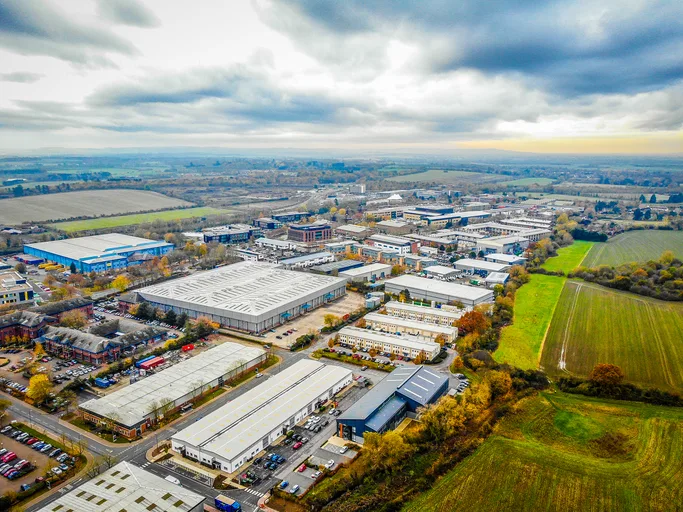The Importance of product manufacturing with the right chiller unit
In modern manufacturing, precise temperature control is essential for ensuring consistent product quality. Many industries rely on chiller units to keep production running smoothly, from food processing and pharmaceuticals to plastics and electronics.

Choosing the right chiller unit is not just about cooling — it’s about maintaining efficiency, reducing waste, and ensuring every product meets the highest standards.
Why Temperature Control Matters in Product Manufacturing
Manufacturing processes often generate heat as a byproduct, whether from heavy machinery, chemical reactions, or high-speed production lines. If this heat isn’t managed properly, it can lead to equipment failures, production slowdowns, or compromised product quality.
In plastic injection moulding, precise cooling is necessary to maintain the integrity of each moulded part. In food production, maintaining the right temperature prevents spoilage and helps meet safety regulations. In pharmaceutical manufacturing, consistent cooling is required to preserve the stability of temperature-sensitive ingredients.
A well-designed chiller unit helps regulate these temperatures, preventing overheating while ensuring products remain within the required specifications.
Types of Chiller Units Used in Product Manufacturing
Different manufacturing environments require different cooling solutions. The right chiller unit depends on factors such as production volume, operating conditions, and the level of precision needed.
- Air-cooled chillers are ideal for factories where water use is limited, as these units dissipate heat into the surrounding air. They are often used in plastic processing and smaller-scale manufacturing setups.
- Used Industrial Water-cooled Chillers offer greater cooling efficiency and are typically found in large-scale industrial plants where a more powerful cooling system is required.
- Glycol chillers are used in industries where cooling fluids need to operate at very low temperatures, such as breweries, dairy processing, and medical storage facilities.
- HVAC chillers, while mainly associated with climate control, also play a role in keeping production areas at stable temperatures, particularly in environments where ambient heat affects manufacturing conditions.
- Heat pumps provide an energy-efficient solution for applications that require both heating and cooling, making them a flexible option for certain manufacturing needs.
Each of these chiller types has its own strengths, and choosing the right one can make a big difference in manufacturing efficiency and cost-effectiveness.
Choosing the Right Chiller for Your Manufacturing Needs
Selecting a chiller unit isn’t a one-size-fits-all decision. Several factors should be considered to find the best match for a specific manufacturing setup.
Production volume plays a major role in determining the capacity of the chiller. High-output facilities require more powerful systems to manage large heat loads. The operating environment is another important factor, as the climate and ambient conditions in a factory will influence whether an air-cooled or water-cooled chiller is the best choice.
Some processes require tight temperature control, while others can tolerate slight fluctuations. Understanding these needs helps in selecting a suitable unit. Space constraints can also impact the decision, as some factories have limited room for large cooling systems. In these cases, a compact air-cooled unit may be a better fit than a larger water-cooled system.
Energy efficiency should always be a priority. Chillers with high-efficiency ratings can significantly reduce energy consumption over time, leading to lower operating costs. Seeking expert advice when selecting a chiller unit can prevent costly replacements or inefficiencies down the line.
With so many options available, taking the time to assess specific production needs and selecting an industrial chiller unit that aligns with those requirements can lead to significant benefits. Whether it’s an air-cooled unit for a small-scale operation or a water-cooled system for a large factory, the right chiller plays a key role in keeping manufacturing processes running smoothly.



